Winter is a beautiful season with its chilly winds and cozy moments, but it can also bring along some pesky scalp issues, such as dandruff. The combination of cold weather and indoor heating can lead to a dry scalp, causing flakes and itchiness. While there are numerous commercial anti-dandruff products available, many of them contain harsh chemicals that may strip your hair of its natural oils. Instead, why not try some natural and nourishing hair masks to combat dandruff this winter?
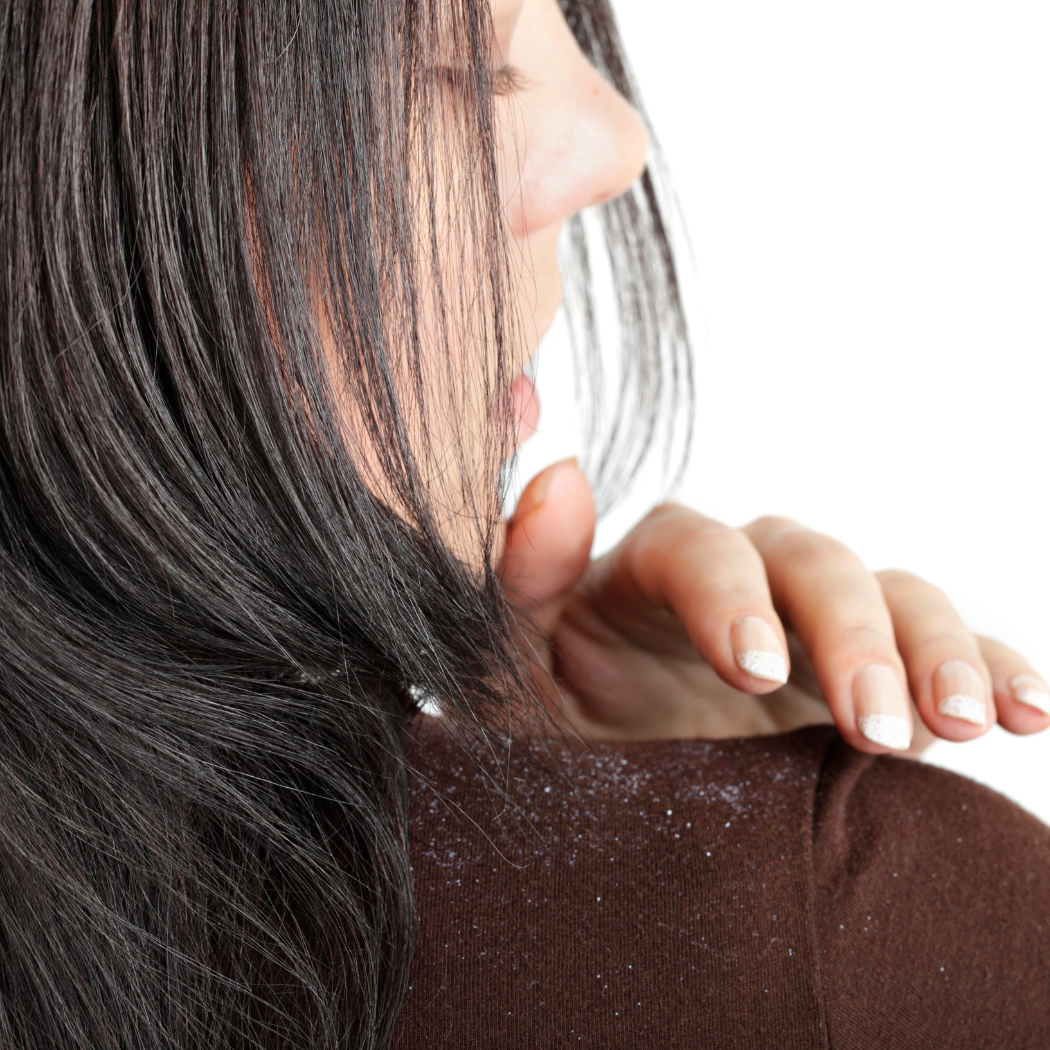
These DIY hair masks are easy to make and use, and they can provide the much-needed relief for your scalp. Let’s explore five simple and effective DIY hair masks for dandruff in winter.
1. Yogurt and Lemon Hair Mask
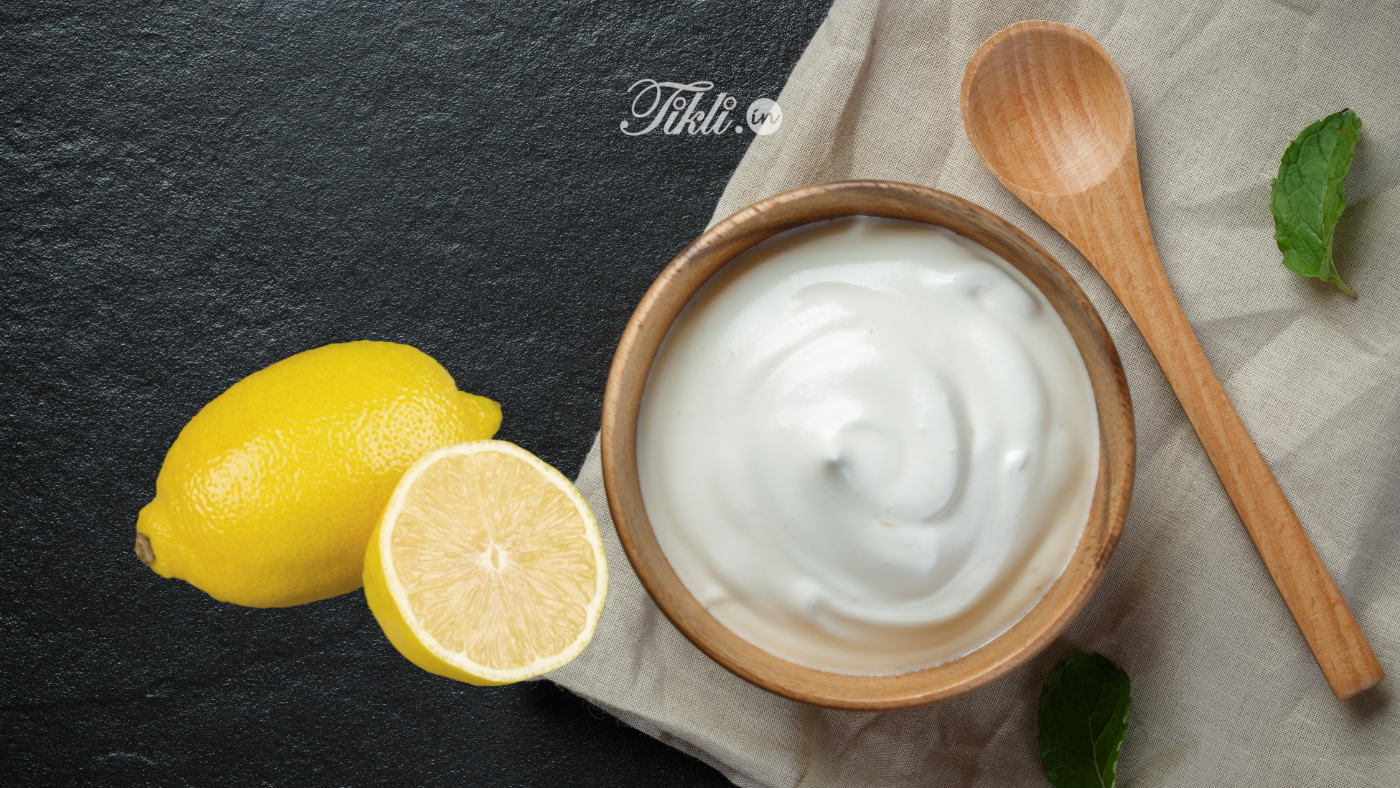
Yogurt is rich in probiotics and has natural anti-fungal properties that can help combat dandruff. Lemon is acidic and acts as a natural exfoliant, helping to remove dead skin cells from the scalp.
Ingredients:
- 1/2 cup plain yogurt
- Juice of half a lemon
Instructions:
Mix the yogurt and lemon juice in a bowl until well combined. Apply the mixture to your scalp and hair, massaging gently for a few minutes. Leave it on for 30 minutes, then rinse thoroughly with lukewarm water and a mild sulfate-free shampoo. Repeat once a week for best results.
2. Coconut Oil and Tea Tree Oil Hair Mask
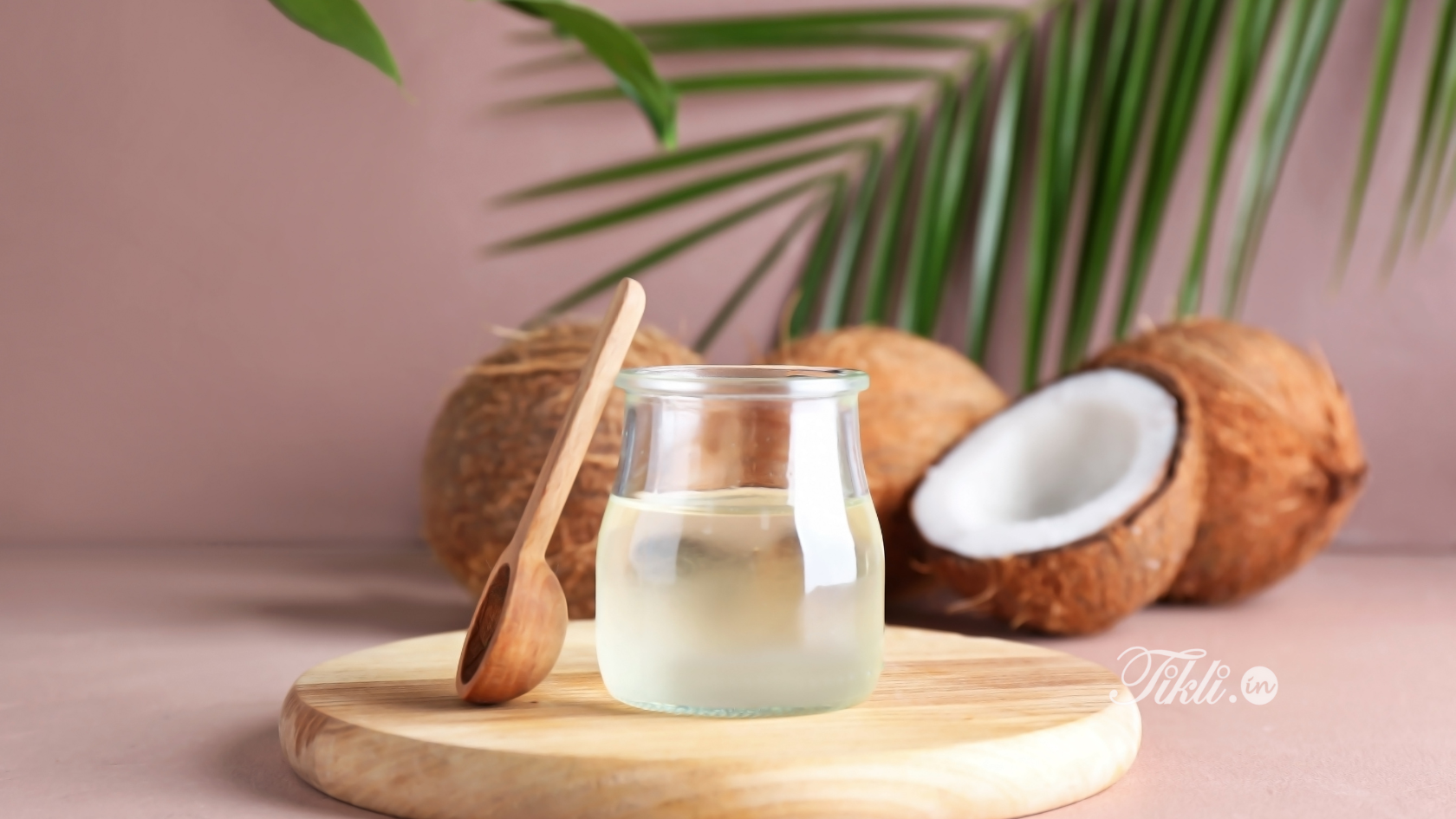
Coconut oil is a fantastic natural moisturizer that can help hydrate a dry scalp. Tea tree oil possesses powerful anti-fungal and antibacterial properties, making it effective against dandruff-causing fungi.
Ingredients:
- 2 tablespoons coconut oil (warmed to a liquid state)
- 5-6 drops of tea tree oil
Instructions:
In a small bowl, mix the coconut oil and tea tree oil thoroughly. Apply the mixture to your scalp and gently massage it in. Leave it on for 1-2 hours or overnight for deep conditioning. Wash it off with a gentle shampoo. Use this mask once or twice a week to combat dandruff and nourish your scalp.
3. Aloe Vera and Honey Hair Mask
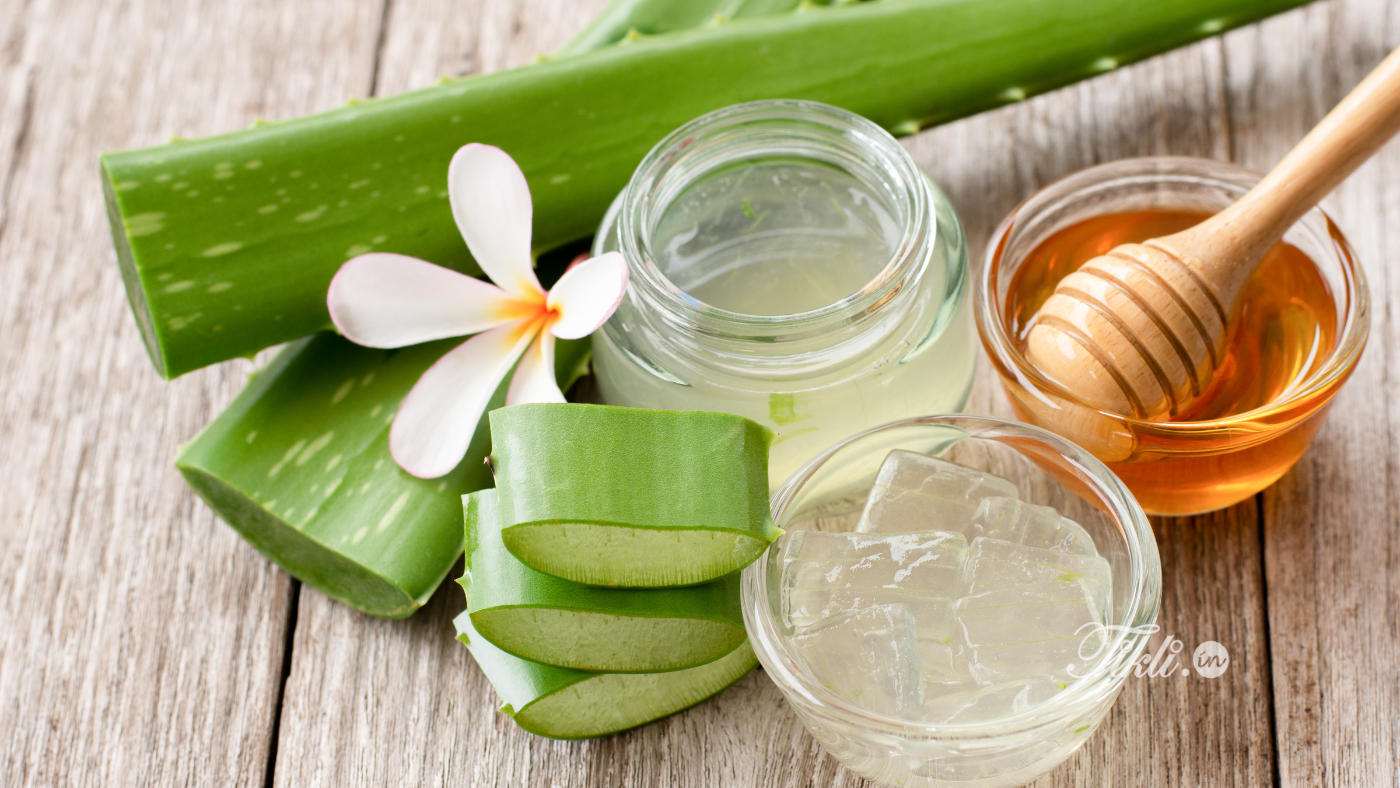
Aloe vera is well-known for its soothing and hydrating properties, making it an excellent choice for dry and itchy scalps. Honey is a natural humectant that can help lock in moisture.
Ingredients:
- 2 tablespoons fresh aloe vera gel
- 1 tablespoon raw honey
Instructions:
In a bowl, mix the aloe vera gel and honey until you get a smooth paste. Apply the mask to your scalp and hair, focusing on the roots. Leave it on for 30 minutes and then rinse thoroughly with water. Use this mask once a week to keep your scalp moisturized and dandruff-free.
4. Apple Cider Vinegar and Olive Oil Hair Mask
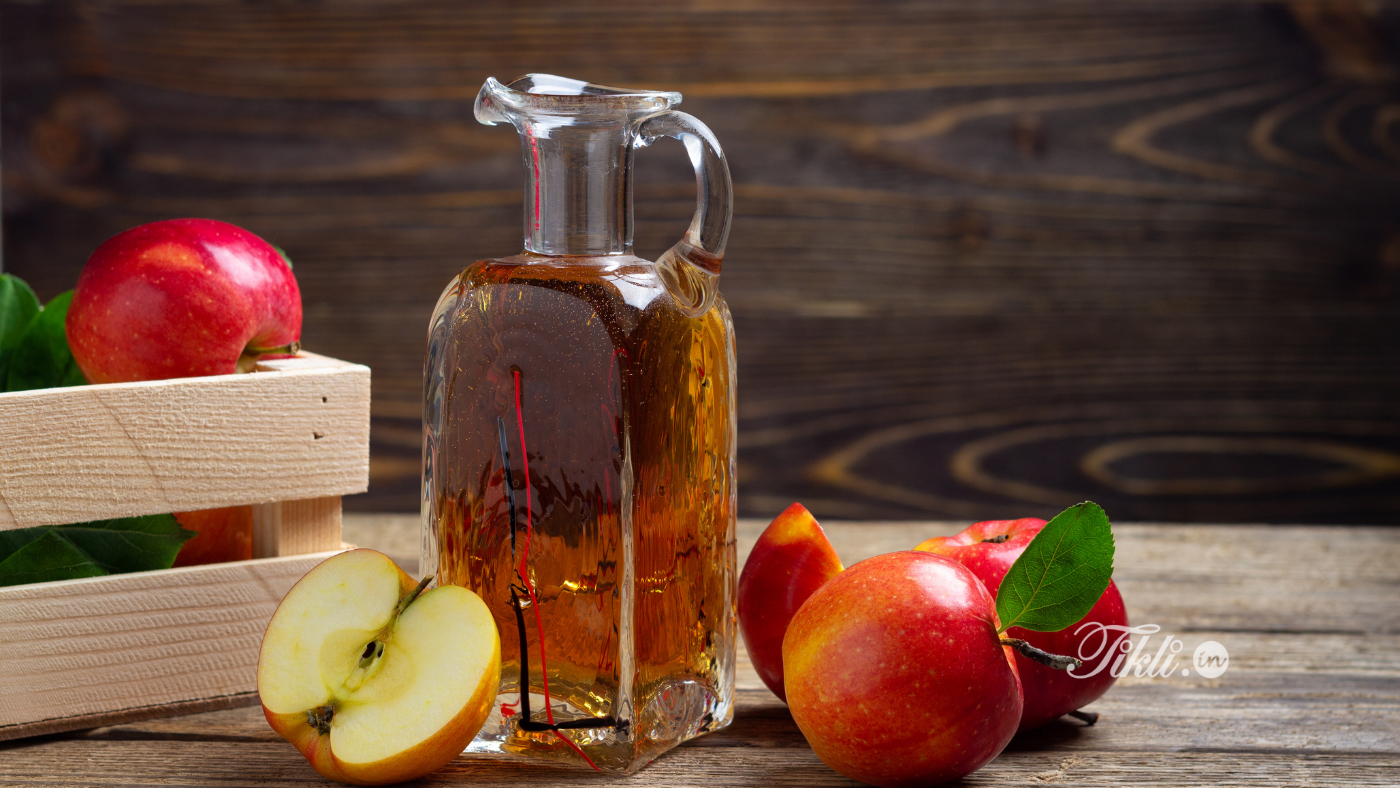
Apple cider vinegar (ACV) can restore the scalp’s pH balance and reduce the growth of dandruff-causing fungi. Olive oil is rich in antioxidants and helps condition the hair.
Ingredients:
- 1/4 cup apple cider vinegar
- 2 tablespoons olive oil
Instructions:
Mix the apple cider vinegar and olive oil in a bowl. Apply the mixture to your scalp, massaging it gently. Leave it on for 20-30 minutes before rinsing it off thoroughly. Shampoo and condition your hair as usual. Use this mask once a week to soothe your scalp and reduce dandruff.
5. Fenugreek Seed Hair Mask
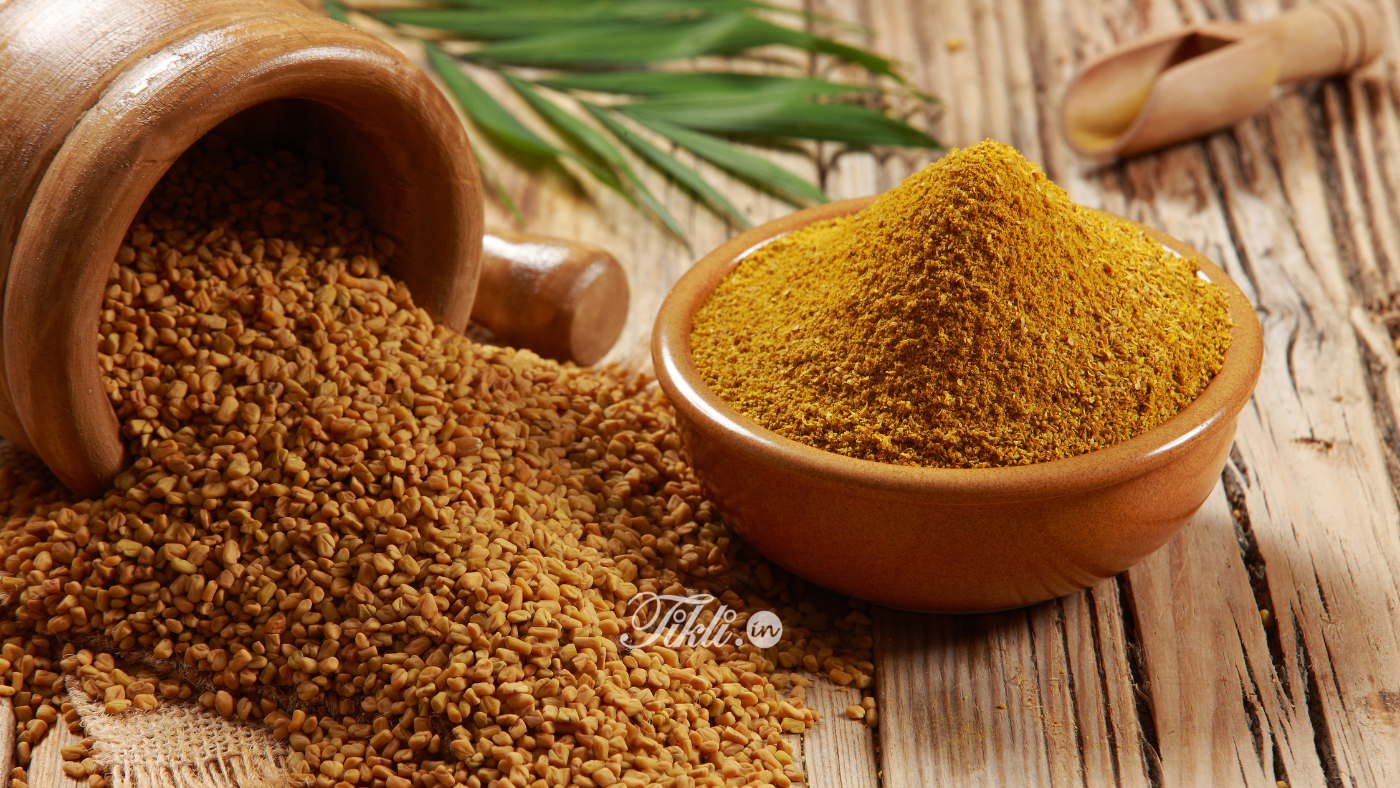
Fenugreek seeds are rich in proteins and nutrients that can nourish the scalp and reduce dandruff and itchiness.
Ingredients:
- 2 tablespoons fenugreek seeds
- Water
Instructions:
Soak the fenugreek seeds in water overnight. In the morning, grind the soaked seeds into a smooth paste. Apply the paste to your scalp and hair, focusing on the roots. Leave it on for 30-45 minutes before rinsing it off thoroughly with water. Repeat this mask once a week for visible results.
These DIY hair masks are not only effective in combatting dandruff during the winter season but also provide nourishment to your scalp and hair. The best part is that they are free from harmful chemicals and easy to make at home. Incorporate these natural remedies into your hair care routine and bid farewell to dandruff while embracing a healthy, flake-free scalp all winter long.
Other Effective Ways to Get Rid of Winter Dandruff
Apart from DIY hair masks, there are several other effective ways to get rid of winter dandruff and maintain a healthy scalp during the cold season. Let’s explore some additional tips and practices:
1. Regular Hair Washing:
Wash your hair regularly with a mild sulfate-free shampoo to remove excess oil, dirt, and dead skin cells from the scalp. Keeping your scalp clean can help prevent dandruff buildup.
2. Use a Moisturizing Conditioner:
Use a moisturizing conditioner after shampooing to keep your hair and scalp hydrated. Dryness can exacerbate dandruff, so using a conditioner will help lock in moisture.
3. Limit Hot Water Showers:
Avoid washing your hair with hot water, as it can strip your scalp of natural oils, leading to dryness and dandruff. Opt for lukewarm or cool water instead.
4. Avoid Overusing Styling Products:
Excessive use of styling products like gels, hairsprays, and mousses can lead to product buildup on the scalp, contributing to dandruff. Use these products sparingly and ensure you wash them off thoroughly.
5. Scalp Massage:
Gently massaging your scalp regularly can improve blood circulation and promote a healthier scalp. Use your fingertips to massage your scalp in circular motions for a few minutes each day.
6. Manage Stress:
Stress can worsen dandruff and other scalp conditions. Practice stress-relieving activities like yoga, meditation, or spending time in nature to reduce stress levels.
7. Avoid Scratching:
Resist the urge to scratch your scalp, as it can lead to further irritation and inflammation. Scratching can also cause wounds, which might worsen the dandruff.
8. Keep Hydrated:
Ensure you stay well-hydrated during the winter season. Drinking enough water helps maintain the overall health of your skin and scalp.
9. Use a Humidifier:
During winter, indoor heating can lead to dry air, which can cause scalp dryness. Using a humidifier in your living space can help add moisture to the air and prevent your scalp from drying out.
10. Choose the Right Hair Products:
Opt for hair care products specifically designed for dry or sensitive scalps. Look for ingredients like tea tree oil, aloe vera, or chamomile, which have soothing properties for the scalp.
11. Maintain a Balanced Diet:
A nutritious diet rich in vitamins, minerals, and essential fatty acids is essential for scalp health. Include foods like fruits, vegetables, nuts, and fish to promote a healthy scalp.
12. Consult a Dermatologist:
If your dandruff persists or becomes severe, despite trying various remedies, it’s essential to consult a dermatologist. They can diagnose any underlying scalp conditions and provide appropriate treatments.
Remember that individual responses to different treatments may vary, so it’s essential to find what works best for your scalp. Combining these practices with the DIY hair masks mentioned earlier can help you achieve a healthy and dandruff-free scalp throughout the winter season.









